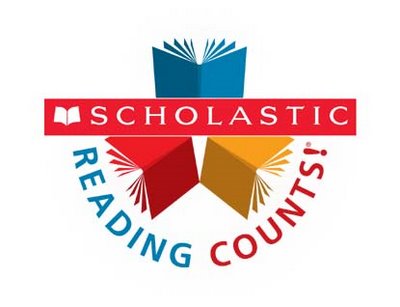
16 Dec 2010 00:37:28
In the current Lysol campaign, Scholastic is paid to promote Lysol in preschool and elementary school classrooms, the CCFC says in its Dec. 2010 newsletter. Scholastic's in-school Lysol campaign encourages schools to devote teaching time to developing hand washing songs containing words associated with Lysol marketing ("healthy" and "germs" are required). Contest rules require schools to sign over videos containing the songs to the companies sponsoring the contest for advertising or any other use. The Lysol campaign includes other projects to be done on classroom time in the hopes of winning a prize under the mandate that the companies can exploit the submitted entries in any manner they choose. Some of the projects involve lesson plans with a certificate containing a Lysol logo given to the students upon completion.
In a move that arguably usurps authority over longstanding policies governing student attendance, Lysol encourages schools to send home a Lysol School Attendance parent pledge and to have teachers record the pledges and track attendance using Lysol logo-emblazoned materials. The parent pledge promises parents will do everything from making school attendance a priority to cleaning their children's scrapes and bruises and- no surprise- disinfecting surfaces at home. A suggested homework assignment provided by Lysol goes further in revealing the commercial intent of the campaign; it contains the Lysol logo with the Lysol's advertising slogan "Disinfect to Protect" on it.
Back to Scholastic, which introduced the Lysol campaign in schools, CCFC says it receives more complaints about Scholastic than any other company. So many in fact that it created a "Shape Up Scholastic" campaign page designed to allow irate parents to protest Scholastic's commercial intrusions into schools.
Rather than shape up, it may be time for Scholastic to simply ship out. There is no reason why a company operating under the guise of encouraging reading should be not only selling books to school children but engaging in marketing partnerships with other companies to build a customer base among school children. (Click here for a history of Scholastic's activities in schools over eight decades written from Scholastic's perspective.) If teachers want to encourage reading by school children, all they need do is take the children to a library.
In a move that arguably usurps authority over longstanding policies governing student attendance, Lysol encourages schools to send home a Lysol School Attendance parent pledge and to have teachers record the pledges and track attendance using Lysol logo-emblazoned materials. The parent pledge promises parents will do everything from making school attendance a priority to cleaning their children's scrapes and bruises and- no surprise- disinfecting surfaces at home. A suggested homework assignment provided by Lysol goes further in revealing the commercial intent of the campaign; it contains the Lysol logo with the Lysol's advertising slogan "Disinfect to Protect" on it.
Back to Scholastic, which introduced the Lysol campaign in schools, CCFC says it receives more complaints about Scholastic than any other company. So many in fact that it created a "Shape Up Scholastic" campaign page designed to allow irate parents to protest Scholastic's commercial intrusions into schools.
Rather than shape up, it may be time for Scholastic to simply ship out. There is no reason why a company operating under the guise of encouraging reading should be not only selling books to school children but engaging in marketing partnerships with other companies to build a customer base among school children. (Click here for a history of Scholastic's activities in schools over eight decades written from Scholastic's perspective.) If teachers want to encourage reading by school children, all they need do is take the children to a library.

